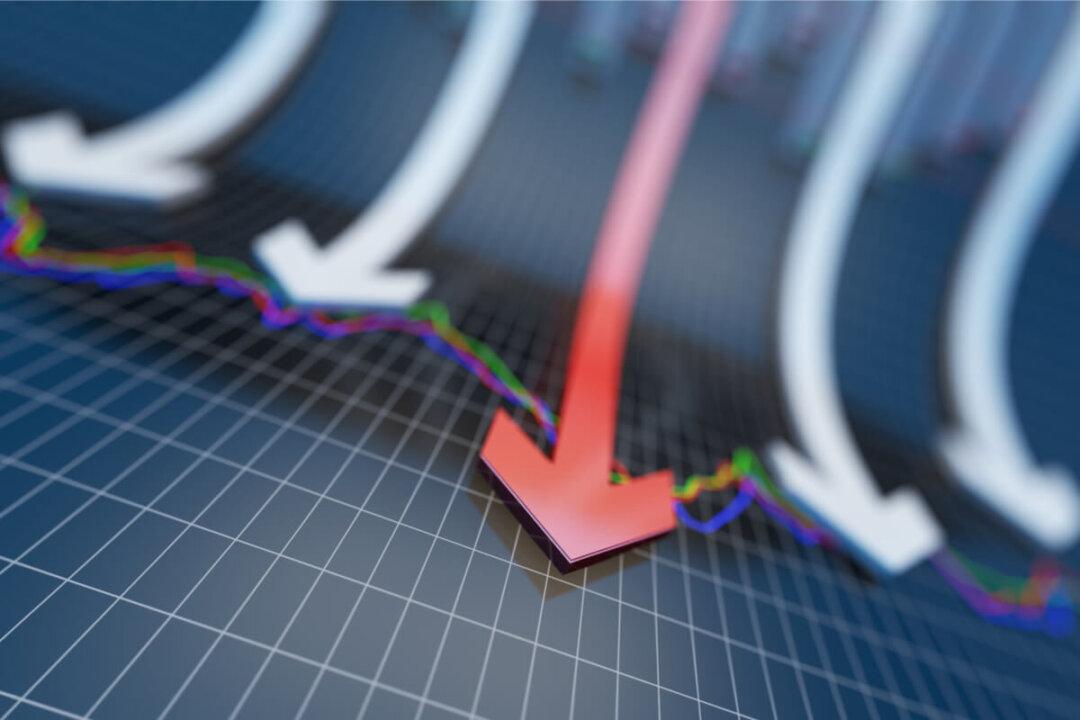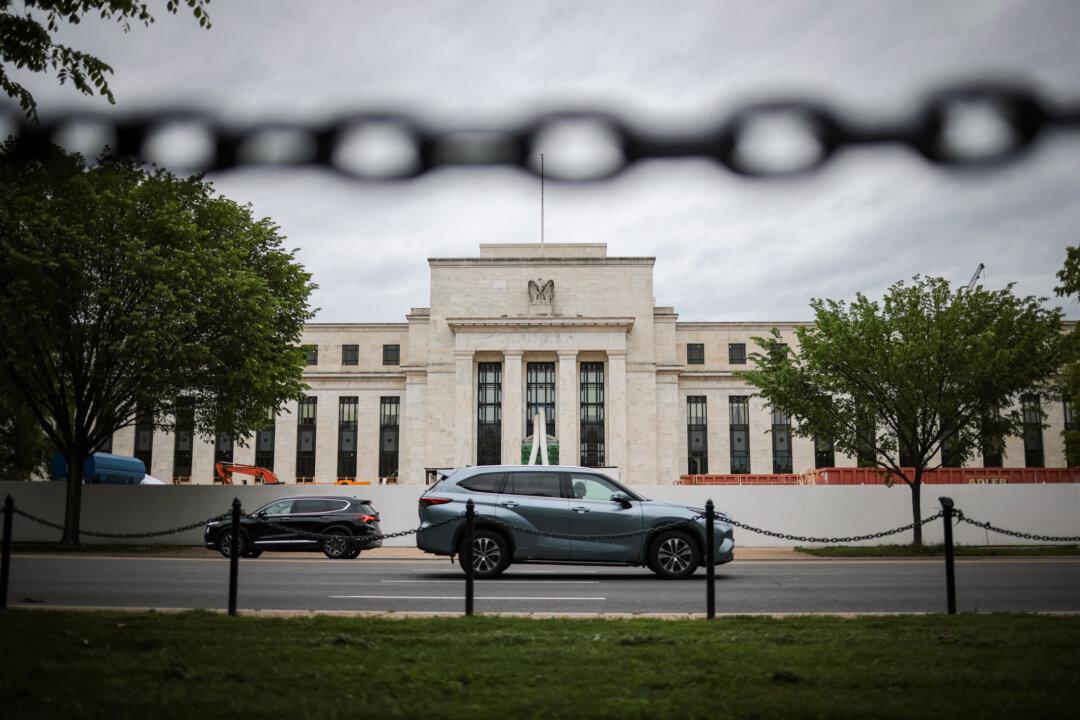Commentary
Financial markets generally show no clear direction these days. Accordingly, relatively small movements cause market noise. A few examples happened in the currency market where non-U.S. dollar exchange rates depreciated. While Euro depreciation had its back story of extreme right-wing parties rising in election polls, Japanese Yen depreciation had its story of the central bank (Bank of Japan) not managing market expectations well, Chinese Yuan depreciation had its story of bad outlook, the ultimate result was a strong U.S. dollar, against all.





